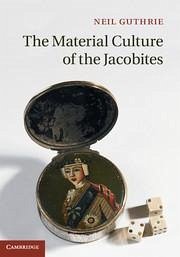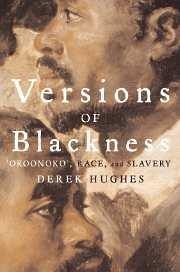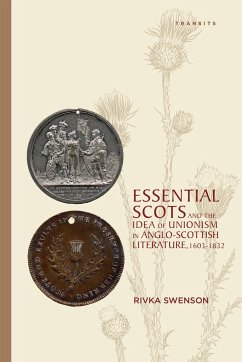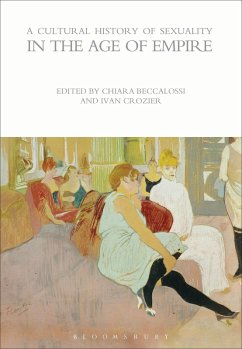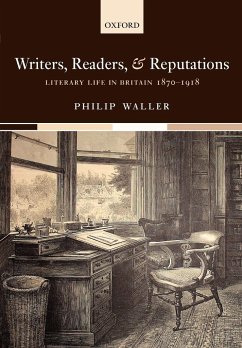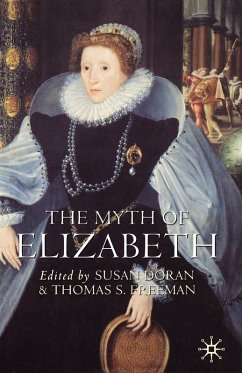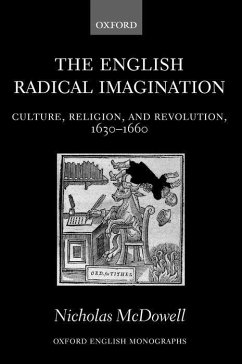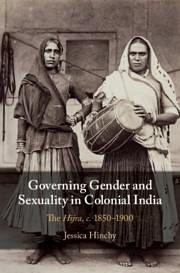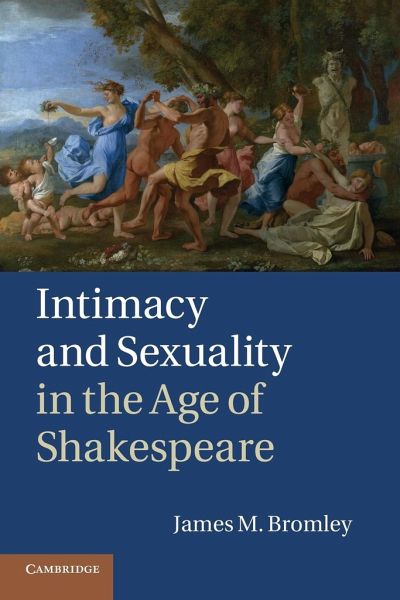
Intimacy and Sexuality in the Age of Shakespeare
Versandkostenfrei!
Versandfertig in 1-2 Wochen
53,99 €
inkl. MwSt.
Weitere Ausgaben:

PAYBACK Punkte
27 °P sammeln!
James Bromley argues that Renaissance texts circulate knowledge about a variety of non-standard sexual practices and intimate life narratives, including non-monogamy, anal eroticism, masochism and cross-racial female homoeroticism. Rethinking current assumptions about intimacy in Renaissance drama, poetry and prose, the book blends historicized and queer approaches to embodiment, narrative and temporality. An important contribution to Renaissance literary studies, queer theory and the history of sexuality, the book demonstrates the relevance of Renaissance literature to today. Through close re...
James Bromley argues that Renaissance texts circulate knowledge about a variety of non-standard sexual practices and intimate life narratives, including non-monogamy, anal eroticism, masochism and cross-racial female homoeroticism. Rethinking current assumptions about intimacy in Renaissance drama, poetry and prose, the book blends historicized and queer approaches to embodiment, narrative and temporality. An important contribution to Renaissance literary studies, queer theory and the history of sexuality, the book demonstrates the relevance of Renaissance literature to today. Through close readings of William Shakespeare's 'problem comedies', Christopher Marlowe's Hero and Leander, plays by Beaumont and Fletcher, Thomas Middleton's The Nice Valour and Lady Mary Wroth's sonnet sequence Pamphilia to Amphilanthus and her prose romance The Urania, Bromley re-evaluates notions of the centrality of deep, abiding affection in Renaissance culture and challenges our own investment in a narrowly defined intimate sphere.





